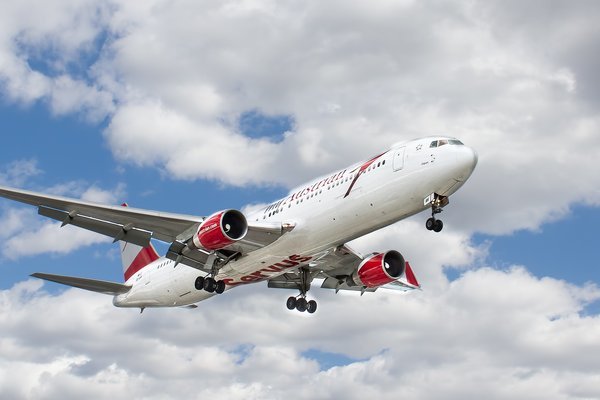The aviation industry is beginning to regain its altitude as it recovers from the impacts of the COVID-19 pandemic. Recent data reveals that the number of seats available for travel in July and August 2023 worldwide was nearly on par with 2019 levels. Yet, seasoned observers also point to a more subjective indicator of recovery—a surge in announcements about new or resurrected airlines, many of which come with unusual owners, questionable business models, or niche routes. The allure of an industry that has long offered glamour and excitement continues to draw entrepreneurs, akin to a moth captivated by a flame.
One route to soaring back into the skies is to revive a defunct brand. Monarch Airlines, a British carrier that went bankrupt in 2017, recently announced plans to resume passenger operations in 2024, although details about its relaunch remain limited. The government of Ghana is embarking on a similar journey, resurrecting a national airline that folded in 2010, this time in partnership with Ashanti Airlines—a company with little prior experience in running an airline, in a continent where carriers have collectively incurred staggering losses of $3.5 billion over the past three years.
In an industry where most firms struggle to turn a profit, new entrants led by experienced management could have an advantage. Nonetheless, Mexicana, another airline that succumbed to bankruptcy in 2010, is set to restart services later this year—under the management of Mexico’s army, an organization with minimal experience in the commercial aviation sector, aside from operating an air force. James Asquith, a British social-media influencer and former banker, founded Global Airlines, which recently acquired four second-hand a380 superjumbos at attractive prices, aiming to provide a lavish experience even in economy class on transatlantic flights. However, the abundance of used a380s, coupled with the preference of other airlines for newer, smaller, and more cost-effective long-haul aircraft, may pose challenges to this endeavor.
Other ventures operating niche routes may also face sustainability hurdles. Bermudair is launching business-class-only flights between its home island and the United States. Beond plans to kick off a rapid expansion later this year by providing passengers with a “private jet” experience on refurbished narrow-bodied planes flying between its Maldives base and Dubai and Delhi. While several airlines have attempted to establish business-class-only services over the years, only La Compagnie, which operates flights between America, Europe, and the Caribbean, has managed to survive.
The cautionary tale of Red Way, a startup based in Lincoln, Nebraska, offers a stark lesson. Launched in June, it pursued a novel but ultimately misguided approach of handling marketing, ticket sales, and baggage checking while outsourcing the flying to a charter airline. Unfortunately, Red Way ceased operations on August 31st.
In June, the International Air Transport Association (IATA) doubled its 2023 net profit forecast for the world’s airlines to $9.8 billion. However, this translates to a mere $2.20 per passenger or the cost of half a cup of coffee in Geneva. For new airlines, the question remains whether the proverbial cup is half full or half empty.
